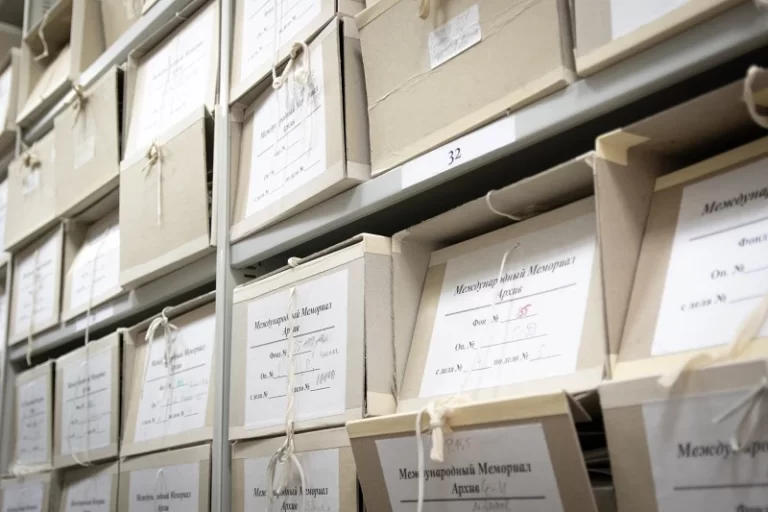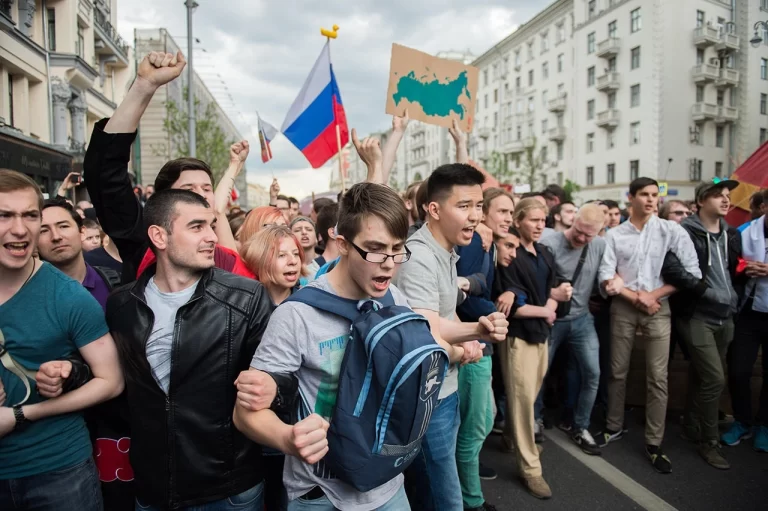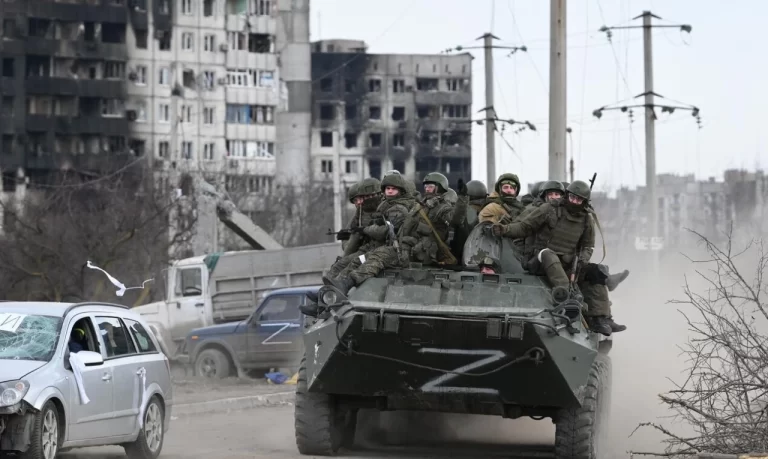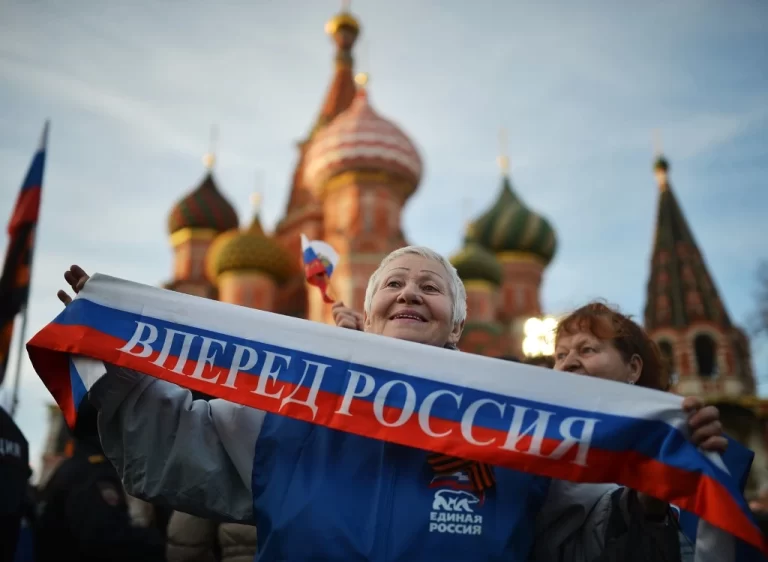How open databases about repressed people during the Stalinist terror in the USSR are useful
For more than 30 years, the Russian Historical, Educational, and Human Rights Society Memorial has been working to restore the history of state terror in the USSR and to find repressed relatives of post-Soviet residents. Today, the Memorial itself is subject to repression by the Putin regime in Russia, but the public activists continue their work. In this article, we will tell you how you can find information about your relative if they were subjected to repression in the USSR. Even if you are not in Russia - the search is possible.
In the post-Soviet space, almost every family has a story about a relative repressed during the Stalinist terror, the details of whose biography are almost unknown. Every year, specialists receive over 1,500 requests for information about a repressed relative.
Restoring a complicated part of family history begins with “digging” in family archives and talking to older family members. It happens that the information needs to be completed. Information is lost under a layer of daily care in the harsh living conditions of the war and post-war times, forgotten or withheld because of fear and a whole set of severe consequences that befell the family members of the repressed.
Where can you find primary information?
Information from family archives can be supplemented using the open databases of Memorial and the Open List resource. Each database contains more than 3 million records. In addition, additional databases are available for regions of Russia and former republics of the USSR, and there are thematic databases for professional, religious, or national characteristics.
To search for information, you need minimal personal data:
- First name;
- Last name;
- Patronymic of the repressed person;
- Year and place of birth;
- Place of residence, or repression.
The place of birth should be known as precisely as possible: region, district, name of the settlement.
It is also necessary to know the place of residence at the time of the repression because most of the documents accompanying the repression will be in the archives at the place of residence – where the person happened.
If it is additionally known what exactly happened to a relative – whether they were deprived of voting rights, whether they were utilized and deported with their family to a particular settlement, whether they were convicted, whether they were exiled or sent to a camp, whether they were shot – this will also help.
Background information from databases can also help you locate the exact location of an archive file. If you do not find a person in these databases, it does not mean they were not repressed. Remember that the first name, last name, or patronymic, and the place and year of birth may have been recorded incorrectly, and the names of localities may have changed.
If you can, use the advanced search, which can use information about the measure of restraint, date of arrest, conviction, sentence, death in custody or execution, date of death, and rehabilitation.
After that, you can start searching for documents in archives.
Peculiarities of the search from abroad.
Suppose the search is conducted by relatives not currently living in Russia. In that case, the search acquires peculiarities in interaction with archives because many people do not know, for example, how to work with Russian archives and have no experience working with documents on repressions. Moreover, for relatives living abroad, the waiting period for answers increases, and there is no possibility to personally familiarize oneself with archival files if it is difficult for the applicant to come to Russia. This is important because archives only sometimes send full copies of documents. For more complete access to documents, the stage of preparation of documents to prove kinship becomes more complicated in case of requests from abroad.
A good option is to use the help of relatives with Russian documents who live closer to the archives and have the opportunity to visit them in person. Relatives can agree on a joint search, and requests are often made by the one with a shorter chain of documents to prove kinship. It should also be considered that when archival materials are stored in the archives of different states, different legislative acts will regulate access to these materials.
Thus, it is now possible to find details of the biography of a relative repressed during the Stalinist terror in the USSR. The number of people wishing to do so in Russia and abroad grows yearly. Primary information can always be obtained from relatives and family archives. One can supplement the information by referring to electronic databases and then contact public organizations for consultations.






